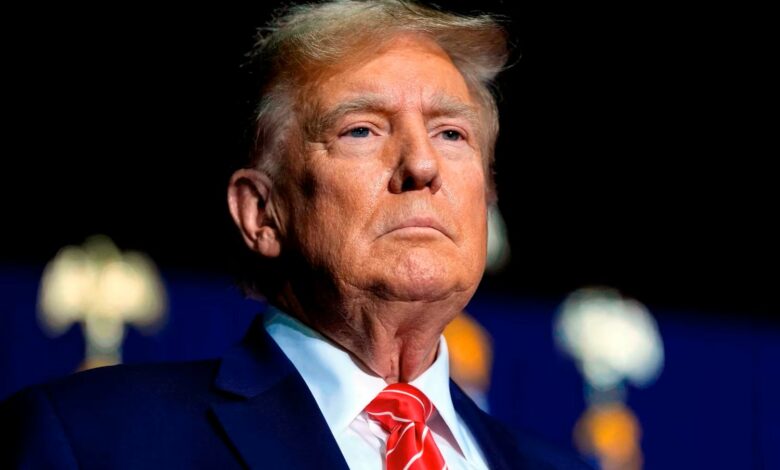
China has developed a strategy to address the trade approach of U.S. President-elect Donald Trump, who has pledged to significantly raise tariffs on Chinese imports. Throughout his campaign, Trump promised tariffs of up to 60 percent or more, in addition to existing levies, and indicated a 10 percent increase targeting China due to its role in the fentanyl crisis affecting the United States.
Despite facing economic challenges, China has been actively crafting a response to Trump’s anticipated “tariff war.” The Chinese regime’s counterstrategy is being dubbed the “supply chain war.” Over the years, China has established itself as a dominant force not only in manufacturing but also in supplying critical components essential to various industries. This central role in global supply chains positions China as a key player that could respond assertively to any tariff escalations.
China’s leverage in global supply chains is particularly evident in sectors such as batteries for electric vehicles, critical minerals, and renewable energy. As the largest market for semiconductor chips, China holds the potential to exert pressure on Western chip manufacturers by restricting market access. While this may also impact its own access to chips, the leverage could be significant when combined with other tactics.
In recent months, China has demonstrated its ability to disrupt supply chains in anticipation of heightened trade tensions. The country produces approximately 80 percent of the world’s gallium and 60 percent of germanium, both vital for chip manufacturing and solar panel production. Last year, China implemented export restrictions on these minerals and instituted a stringent licensing regime.
Additionally, China controls around 80 percent of tungsten and 90 percent of magnesium supplies, with similar export restrictions likely in the near future. In a recent move, China blocked U.S. drone manufacturer Skydio from accessing batteries produced in China, crippling its production capabilities and impacting its customers, including the U.S. military.
China has also taken steps against Western chip-makers, with a Chinese think tank calling for a review of Intel’s practices regarding national security. This follows a ban on Micron, a chip-maker that faced scrutiny for similar issues. Furthermore, PVH, the parent company of Calvin Klein and Tommy Hilfiger, has faced repercussions for distancing itself from Xinjiang amid concerns over human rights violations against Uyghur Muslims.
Experts suggest these actions signal China’s readiness to respond firmly to U.S. policies. Jude Blanchette, a scholar at the Center for Strategic and International Studies, noted that while China was cautious during the first trade war, it now appears more willing to endure and inflict economic pain. “It’s clear that Beijing is not willing to stand by as new waves of tariffs loom,” he stated.
Andrew Gilholm, a China expert at Control Risks, added that this strategy aims not to drive Western companies out of China but to negotiate more favorable terms in trade conflicts. “China wants to signal to the U.S. government without alarming foreign investors too much, indicating there are costs to overly complying with U.S. regulations,” he explained.



